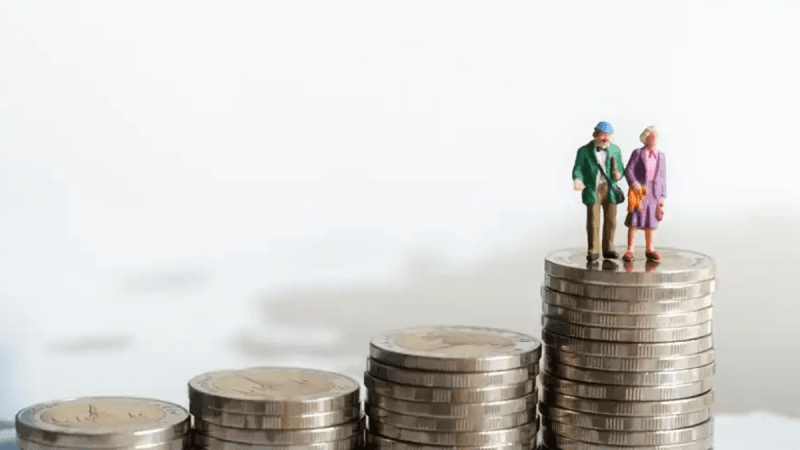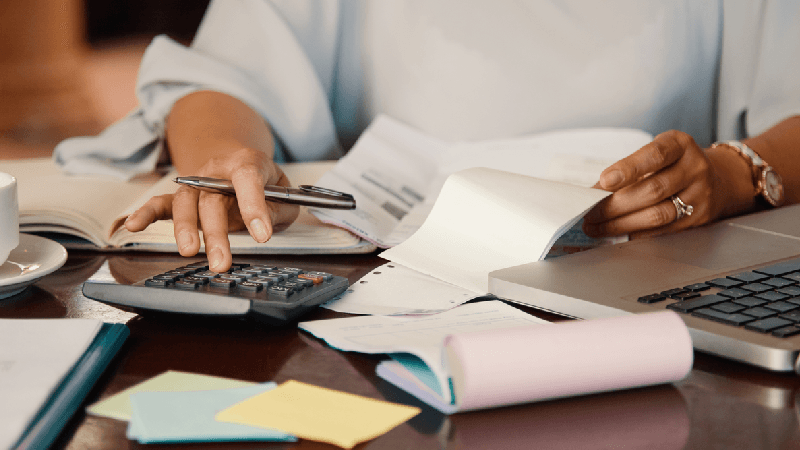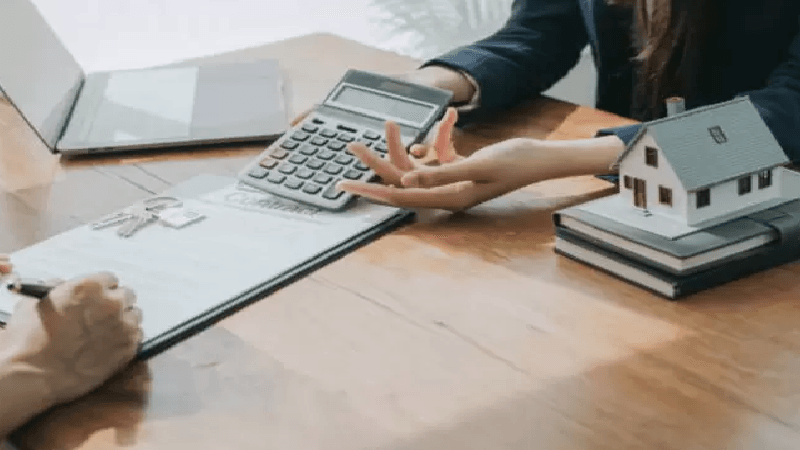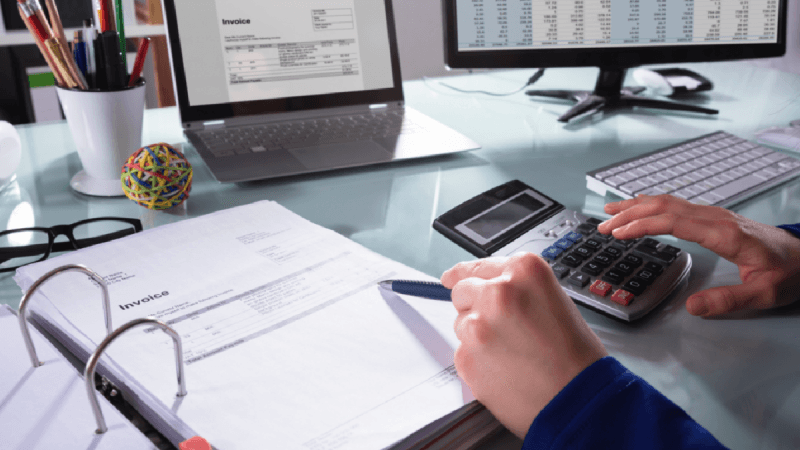
A personal budget is a useful tool to help people manage their finances. It lets them know exactly how much of their income is being spent, how much is being saved, and what their financial priorities are. This can be especially useful for those who are at a turning point in their finances.
A personal budget can also help improve money management and avoid financial uneasiness. It provides a broader and clearer picture of daily or monthly expenses, allowing areas where there is room to save money to be identified. This allows people to take steps to avoid debt and bring about a positive change in their financial situation.
What is a personal budget?
A personal budget is a plan to help manage money and expenses. It is divided into two parts: cash inflows and outflows. The inflows can be a salary, pension, investment, etc., while the outflows include rent, mortgage, food, etc.
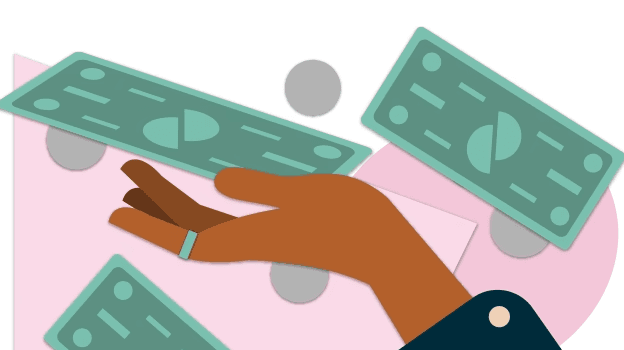
The personal budget helps you know your exact income and the expenses you will have. This allows you to identify how much money is used for each category each month and helps you keep control over your finances. This allows you to save for your future or to buy things you want.
Why is a personal budget important?
A personal budget is a very useful tool for planning expenses and saving money. Establishing a personal budget is important because it allows you to identify necessary expenses and those that are superfluous and can be reduced. This also helps to avoid debt, since you know exactly how much to spend.
In addition, a personal budget is also helpful in meeting financial goals. A budget can help save for unexpected situations, such as a home repair, an unexpected tax or health insurance. Budgeting allows you to schedule time and resources to accomplish these goals.
Improve your financial well-being through a personal budget
A personal budget is a tool that helps improve financial well-being. This is achieved by creating an investment plan that allows us to achieve our personal and family goals.

Through personal budgeting, we learn to manage our personal finances effectively. The budget helps us to optimize expenses, prioritizing the most urgent needs and limiting superfluous expenses.
It is important to keep in mind that a well-done budget not only improves financial well-being, but also helps prevent indebtedness by avoiding unnecessary expenses.
Tips for creating and following a personal budget
A personal budget can help individuals stay on top of their spending and avoid an unfavorable financial situation. The benefits of a personal budget include developing better financial discipline, awareness of personal finances, and control over how much is spent. Here are some tips for creating and following a personal budget:
Set financial goals: setting financial goals is the first step in creating a personal budget. Setting realistic goals such as saving for a vacation or paying off debt is a way to motivate yourself to do things right. Set small goals to start and then build from there.
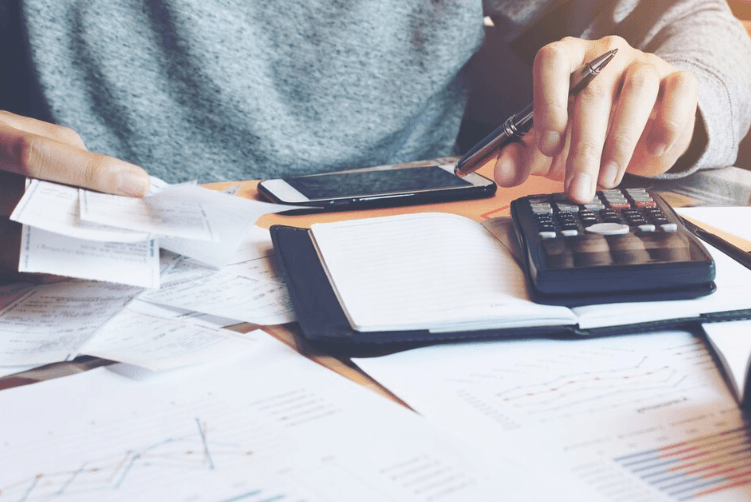
Spend with control: Once financial goals have been set, it is important to monitor spending to stay within budget. This means not buying things impulsively and looking for deals rather than buying at full price. Setting limits on certain types of spending can also be helpful.
Review the budget regularly: To make sure your budget is working properly, it is important to review it regularly to make sure you are meeting your financial goals. Doing this will help you stay focused and focused on your financial goals.



